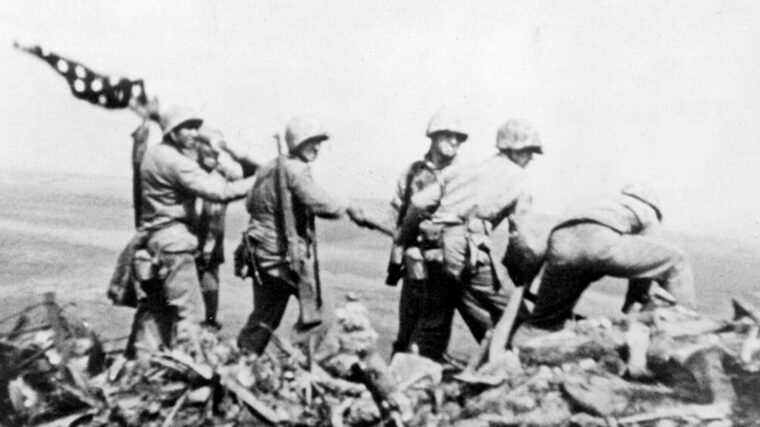
WWII History May 2007
Franklin Sousley & The Battle of Iwo Jima
By Randall B. IngramEveryone has seen the now famous photograph of the three firefighters hoisting Old Glory over the ruins of the World Trade Center. Read more

WWII History May 2007
Everyone has seen the now famous photograph of the three firefighters hoisting Old Glory over the ruins of the World Trade Center. Read more
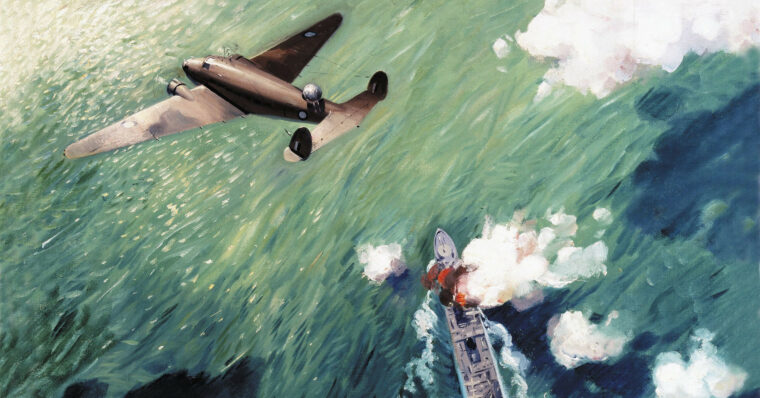
WWII History May 2007
During its history, the Lockheed Aircraft Corporation has earned a reputation for building versatile airplanes. Its 1950s era C-130 Hercules is no doubt the most famous, but it was not the first. Read more
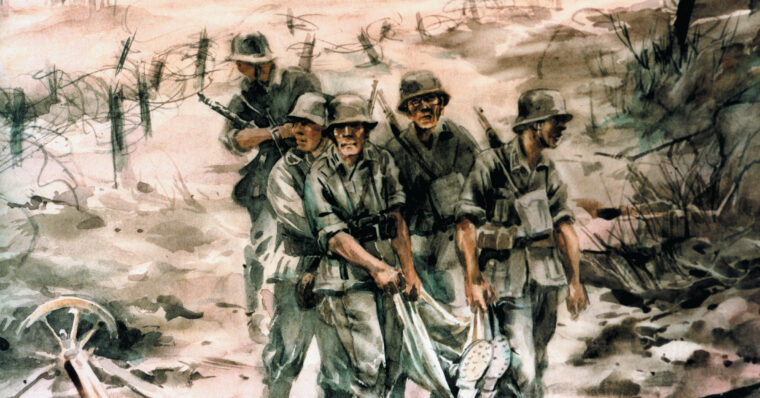
WWII History May 2007
Following service as a lieutenant in the U.S. Army Air Defense Artillery during the early 1970s, Ward Carr decided to remain in Germany, residing in Frankfurt. Read more
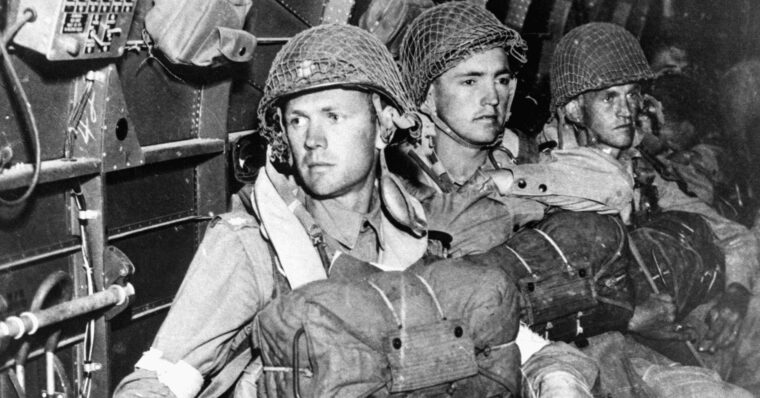
WWII History May 2007
Letters were a valuable commodity to the World War II soldier. They were the link to home and to all things familiar in a most unfamiliar place and time. Read more
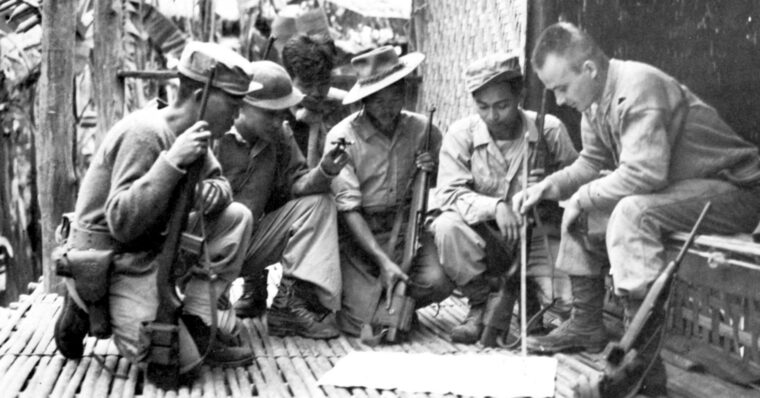
WWII History May 2007
Private First Class Frank Rinaldi cautiously made his way through the dense foliage. He and other soldiers were on patrol when they heard the unmistakable sound of Japanese voices, and they inched their way forward to investigate. Read more
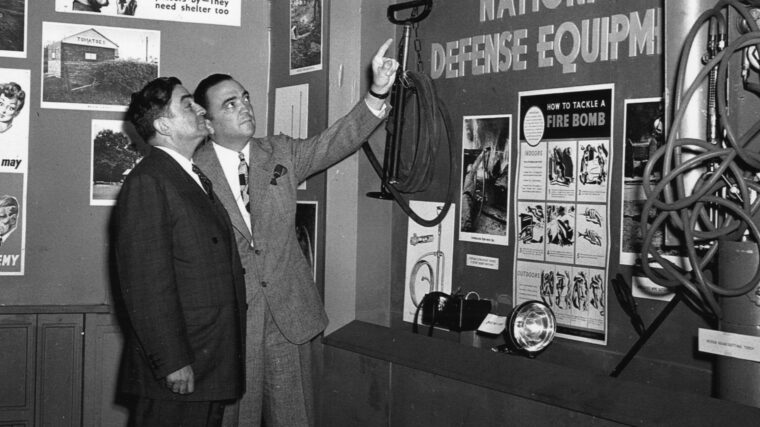
WWII History May 2007
Throughout his lifetime, FBI Director J. Edgar Hoover always boasted that no enemy agent, either spy or saboteur, ever operated at large in the United States during World War II. Read more
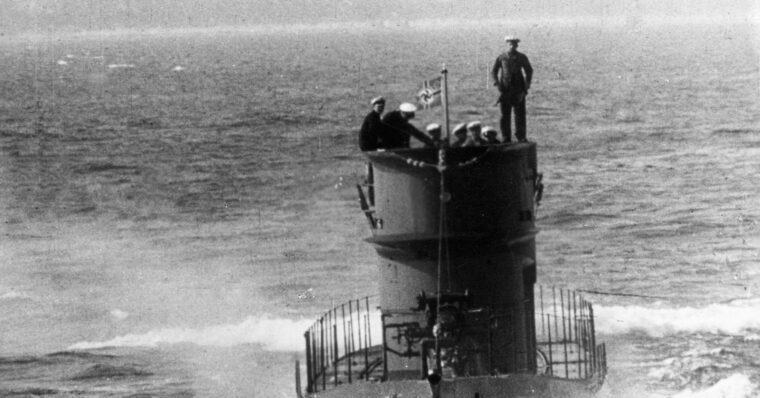
WWII History May 2007
World War II had been in progress for six weeks when on the evening of October 12, 1939, the German submarine U-47 surfaced off the Orkney Islands at the northern tip of Scotland. Read more
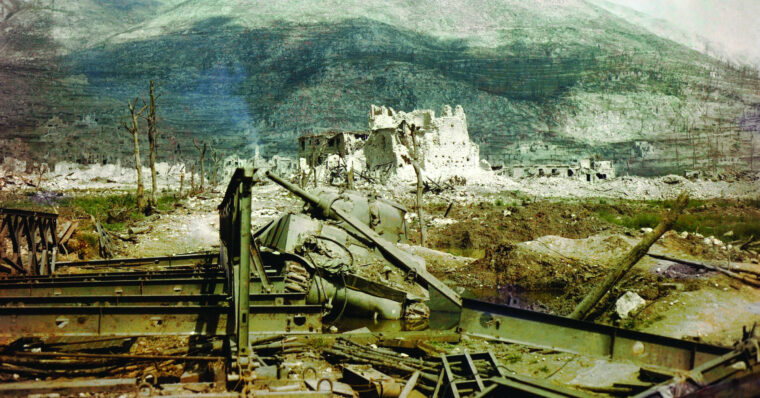
WWII History May 2007
By December 1943, the phrase “sunny Italy” had evolved from being a travel agent’s selling point to becoming an ugly joke for the British and American troops of the Allied Fifth Army, advancing north from Naples to Rome. Read more